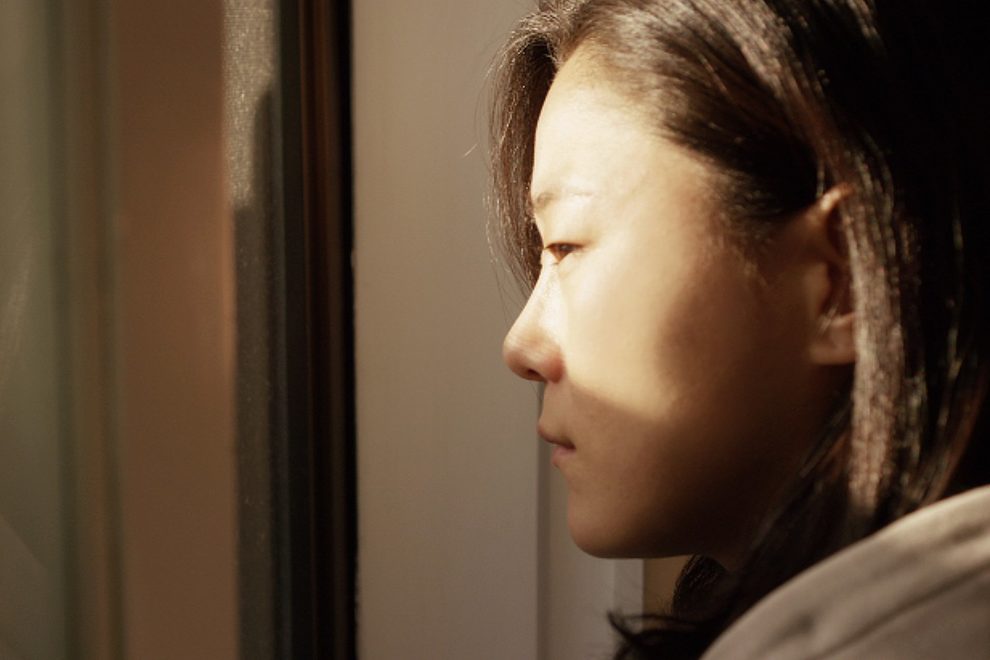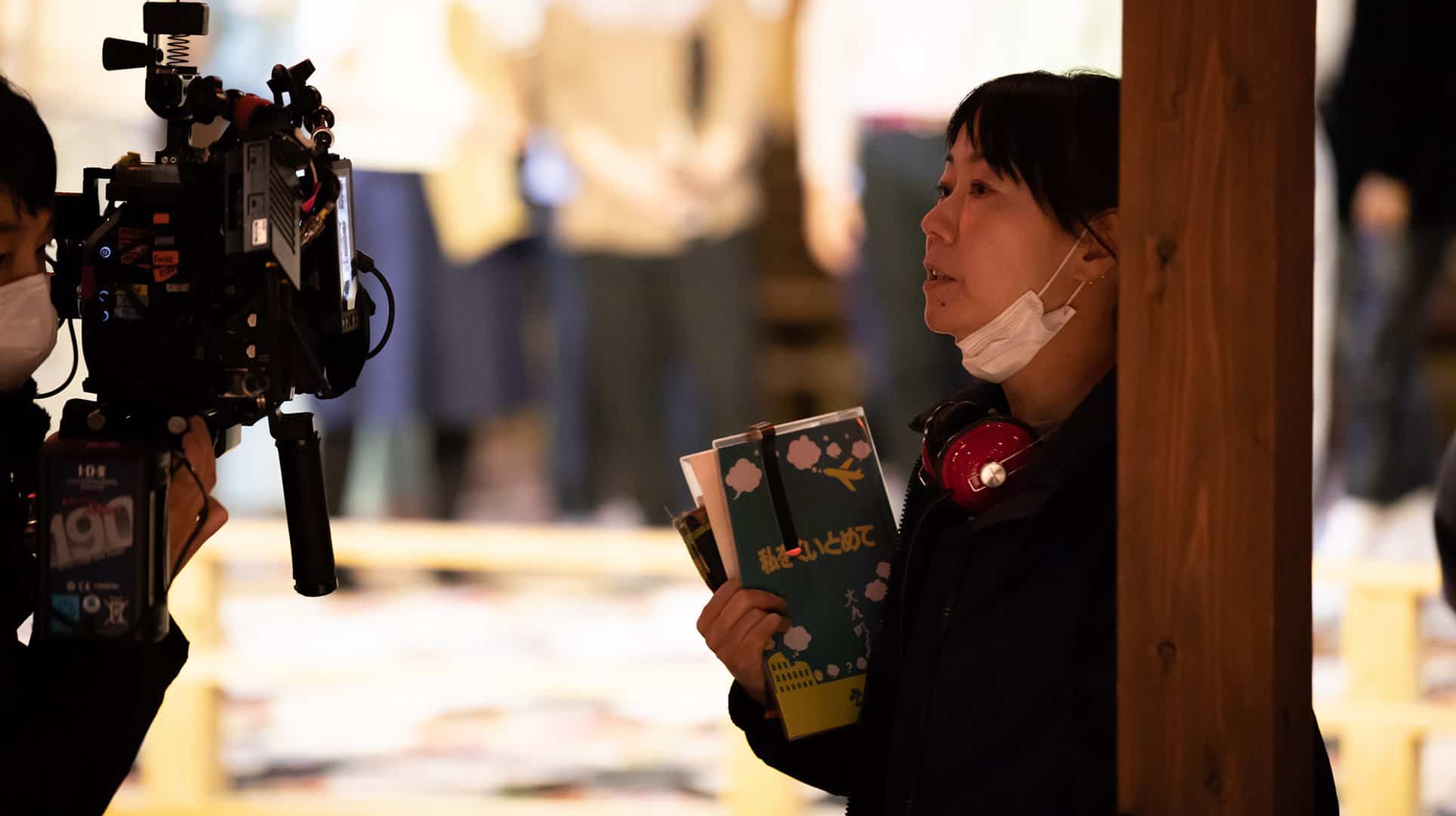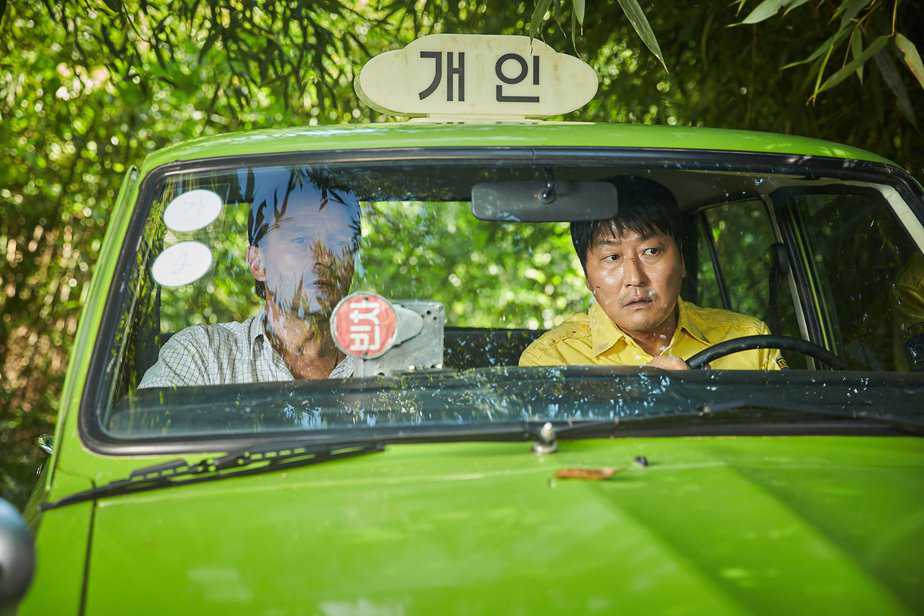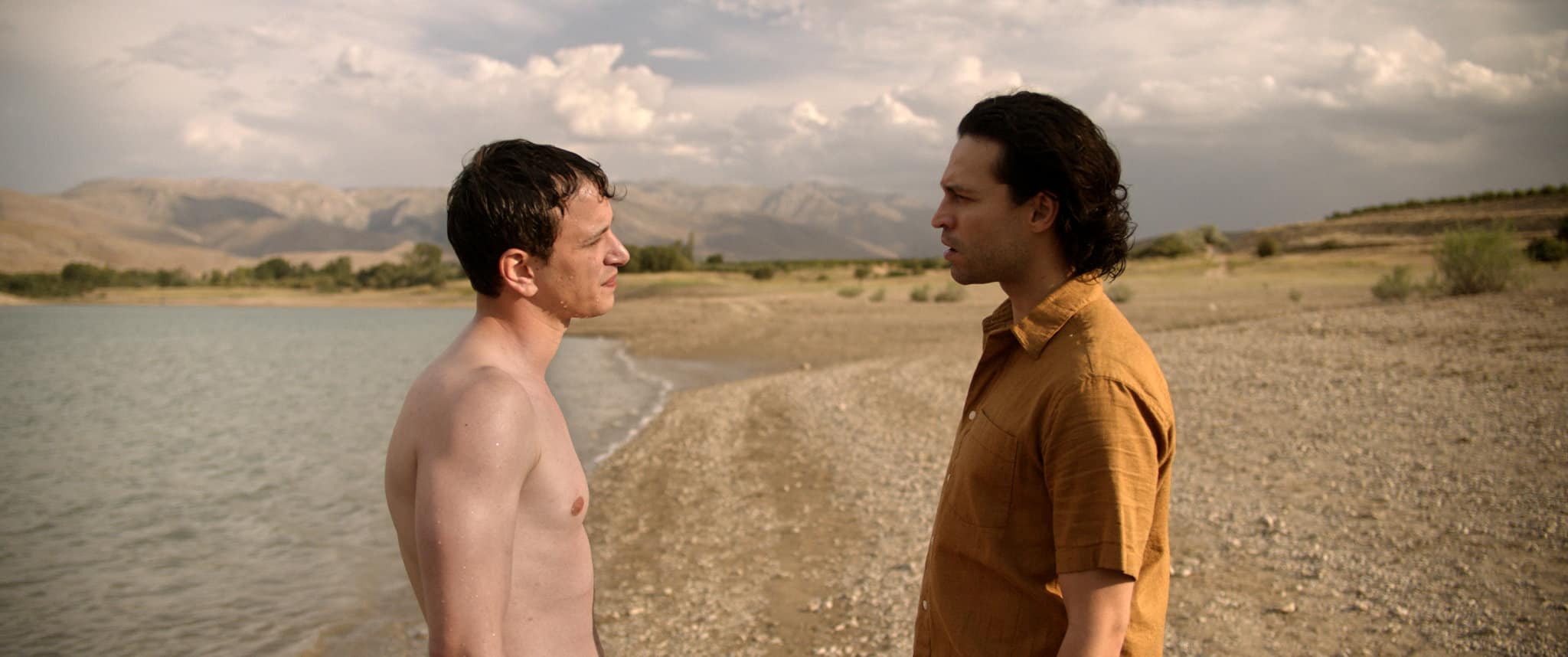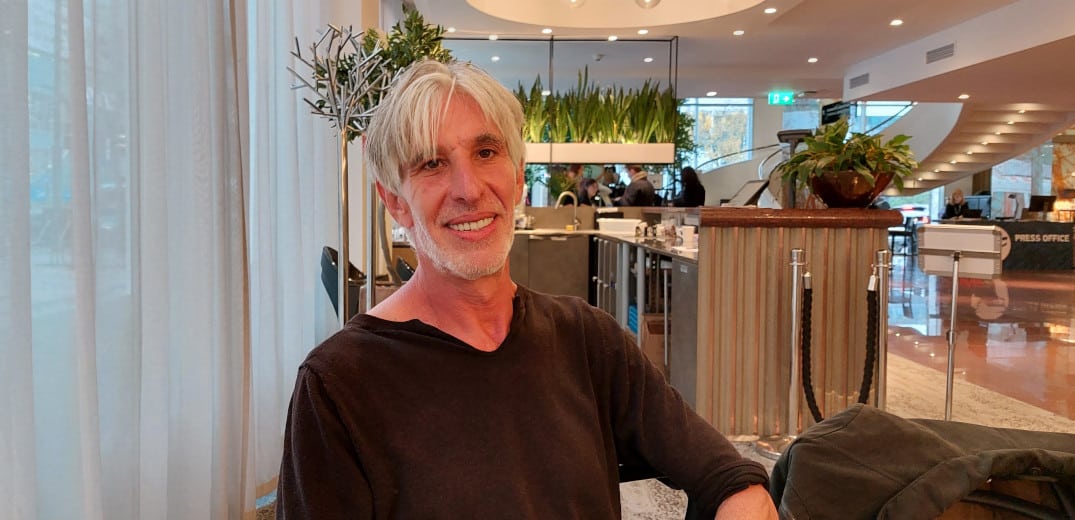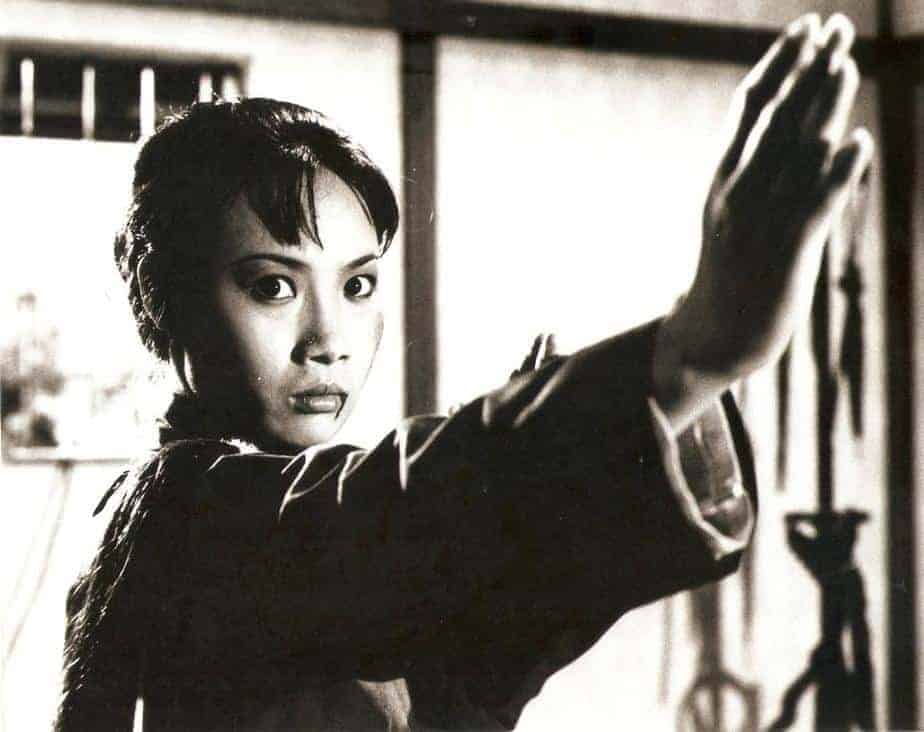Lim Sung-mi is a fighter. Having made up her mind to become an actor at the age of 16, she never thought of any other occupation as a career choice since. She graduated from Korea National University of Arts, Seoul and has been working consistently in the industry for 13 years in supporting roles, both big and small. But it wasn't years later that she landed her first leading role in a feature film with Jero Yun's “FIGHTER”.
Lim Sung-mi is the FIGHTER. The actress effortlessly embodies the role of Ji-na, a North Korean refugee in South Korea who takes up the sport of boxing in a film that has managed to garner a number of awards at international film festivals. Lim manages to show several layers to her performance and, by extension, to her talent in a role that has received praise from critics and audience alike and landed her the Actress of the Year award at last year's Busan International Film Festival, where the film had its world premiere.
On the occasion of “FIGHTER” screening at New York Asian Film Festival, we speak to her on the character she portrays, her preparation in boxing, female-oriented films in Korea and more.
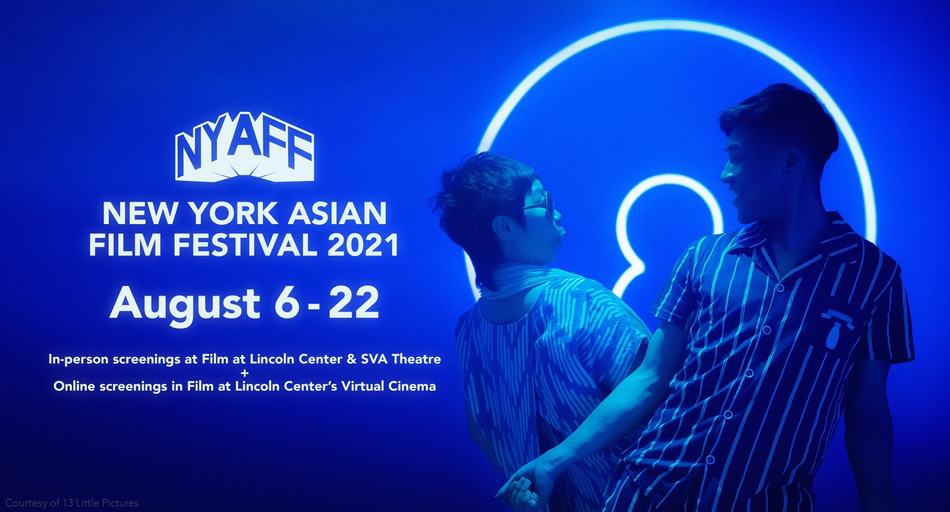
How did you come across this project and what about it appealed to you the most?
After receiving the script from my former agency, I had a short 30-minute meeting with the director, who offered me the role on the spot. I started preparing the next day. The most attractive part about the script was the fact that the female lead carries the entire film from the beginning to the end. It was precious to come across such a script that had hidden elements for the actor to discover and prepare. I really wanted to master it as an actor.
What kind of research went into this role?
Before filming, I went through rigorous verbal and physical training, during which I thought about my character Ji-na the whole time. I prepared to be open to every situation and characters she would face in the story.
North Korean characters are often portrayed as caricatures in films. How did you approach the humanity of the character?
This is the part I paid the most attention to when I was preparing for the character, so thank you for noticing it. On the margins of the script, I wrote the following quote from Carl Hilty's book Für schlaflose Nächte, “When we try not to get something out of others, we are able to perceive them from a completely fresh angle, and that is the only way we can form correct judgement about a person. Be careful not to want things from friends or those who you would like to have a lasting relationship with.” With the utmost affection, I took my time in coming to terms with everything related to Jina so that I could capture her humanity on camera.
Let's talk about the boxing. Was it a daunting aspect and how did you prepare for it?
I started my day with a morning jog, after which I would go to the gym to jump ropes and learn the basic steps and postures of boxing. The film depicts not a professional boxer, but a character's journey of becoming one. So my priority was to learn the basic postures and forms of a boxer rather than impressive techniques. I also practiced throwing jabs in front of a mirror. I fought my own reflection. I believed that not giving up in my training was the only way to meet my audience. Just as Ji-na took care of her inner self in the film, I also prepared to stay grounded as an actor on set. It was absolutely fun, enjoyable, and satisfying.
It wasn't necessarily daunting to take the role of a boxer, but I was a bit nervous about the insufficient preparation time. I'm disappointed about not being able to commit all of my energy into my physical training, as it would have been nice to show the difference in Ji-na's physique before and after her dive into boxing. I think I need to do another film where I'm required to train my body.
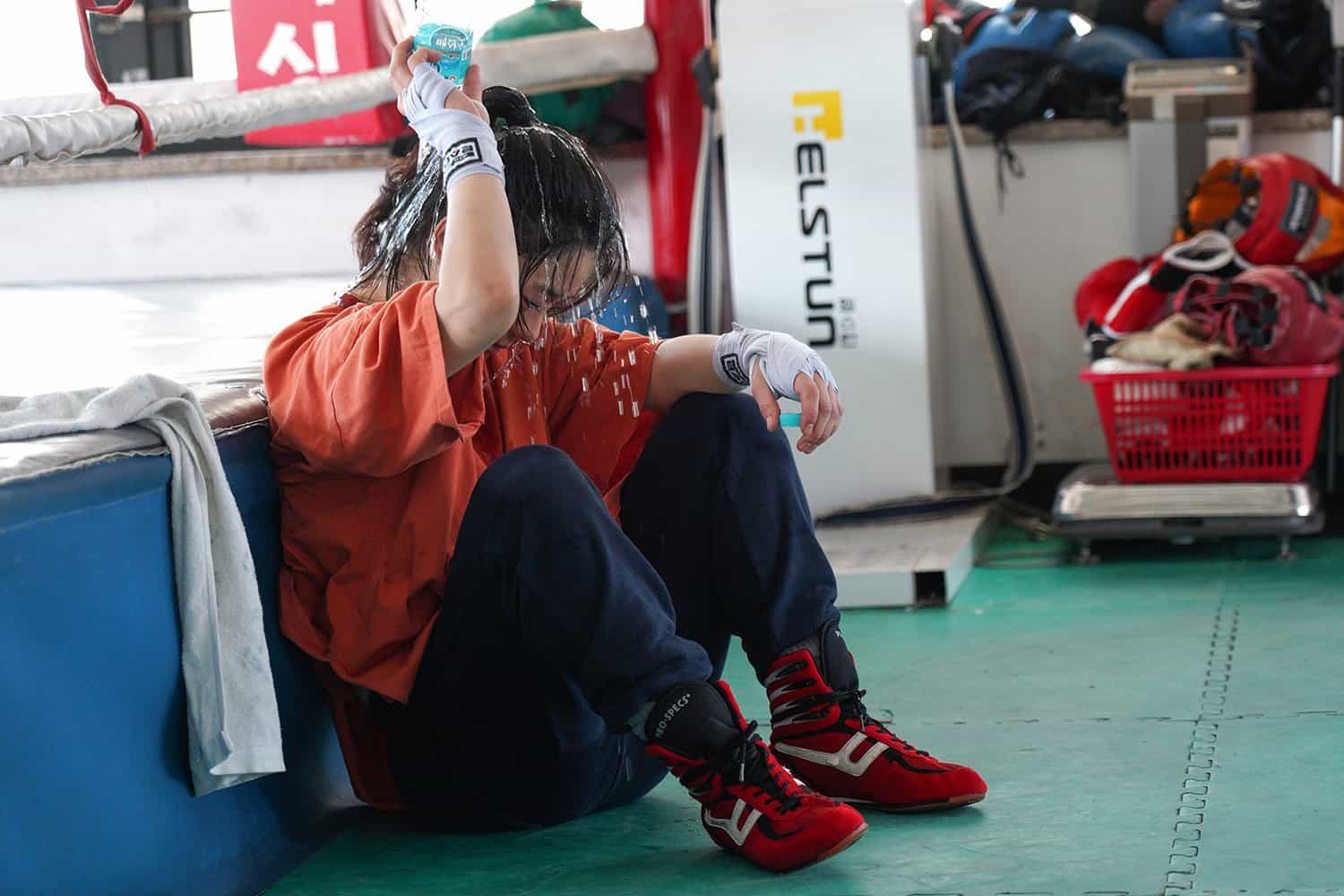
In the last few years, we've seen a trend where female-led films have started to gain prominence in South Korea, with your film being among the highlights of the same last year. This is particularly true with Korean indie cinema. Why do you think this is so?
I think it's a good trend. I hope in the future Koreans will produce more films that feature outstanding female characters like the ones in
Do you think it is relatively easy to make a female-oriented film now?
There are more now than before, which doesn't necessarily mean that it has gotten easier to make them. I am happy to see more independent and proactive female characters in general, even though it might not be a female-oriented film. However, the reality in Korea is that there just aren't enough scripts that can embrace all the remarkable Korean female actors.
I recently saw you in a small role in the thriller film “Midnight”, which was very different from your performance here. What sort of characters excite you as an actor and what roles can we expect to see Lim Seong-mi in in the future?
Thank you. Since “Midnight” and “Fighter” are different genre films, I had to approach the characters quite differently. The character I played in “Midnight” was placed as a kind of a device to set the tone in the beginning of the film. She had to stand out a little more. I'm generally attracted to characters who are lively, independent, yet paradoxical.
There are so many characters that I would like to play in the future… such as a lonely killer wandering around a quiet country village, a female warrior who risks her life for her one love, a dancer who dreams of freedom, a charactor who would interact with animals such as dolphins and pandas, or a transgender who grows old while staying young at heart. There are too many. I dearly hope to meet you again with a new character, a marvelous script and production team. I am fully vaccinated, so I'm free to work abroad as well. Contact me if there's anything good out there.


